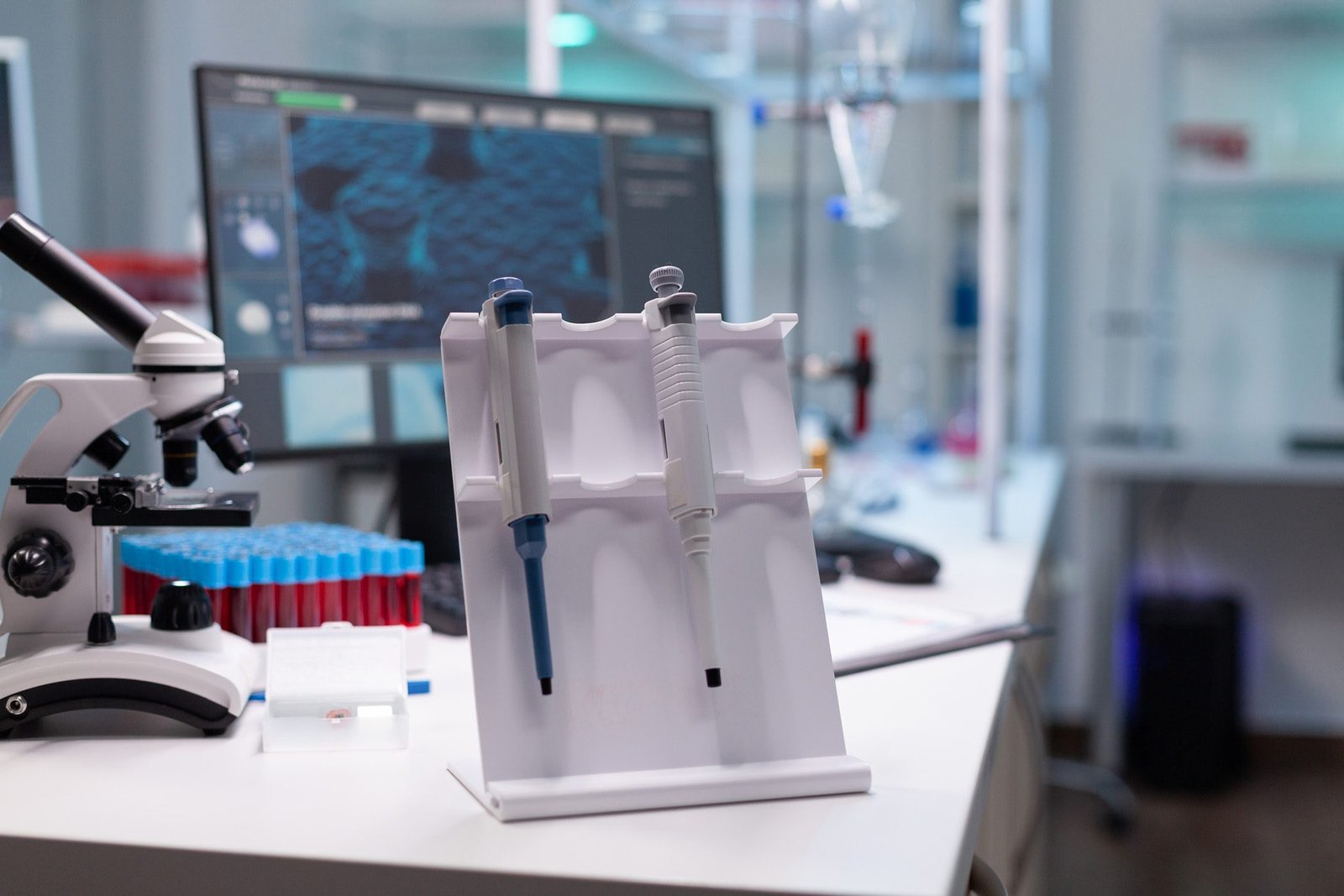
WHO WE ARE
The International EPIGEN Laboratory is a unique pilot project at national level, with direct scientific supervision in Germany (MPI-HLR, Max Planck Institut für Lung-und Herz Forschung) and France (IMoPA, Ingénierie Moléculaire et Physiopathologie Articulaire, UMR 7365 CNRS, Université de Lorraine). Founded in 2021 by the Council of Science and Technology of the State of Puebla (CONCYTEP). It is physically located at the Science Institute (ICUAP) of the University of Puebla (BUAP).


















Facebook Posts
La Academia de Genética de la Universidad de la Salud del Estado de Puebla, y el Laboratorio Internacional EPIGEN-CONCYTEP-BUAP, los invitamos a discutir con nosotros sobre el Premio Nobel 2024! 🕵️♀️🧬☝🏻Se parte del panel académico "MicroRNAs en la Genómica y la Medicina: la ciencia detrás del Premio Nobel 2024" donde conocerás todo detrás del Premio Nobel de Medicina 2024.
📆 21 de octubre de 2024
⏰16:00 a 17:30 horas
Transmisión: t.ly/9h2PR
¡Acceso Gratuito! ... See MoreSee Less
0 CommentsComment on Facebook
EPIGEN en las Jornadas de Actualización Médica 2024, en este mes tan simbólico de concientización sobre Cáncer de Mama👩⚕️🧬, excelente evento colegas! #cest #medicina ... See MoreSee Less
0 CommentsComment on Facebook
En Puebla, la prevención del #CáncerDeMama es un tema prioritario para el #GobiernoPresente del mandatario Sergio Salomón Céspedes Peregrina, especialmente en el marco del día mundial de la lucha contra este padecimiento.
#PrevenirEsSalud ... See MoreSee Less
0 CommentsComment on Facebook
-International Journal Club-🧬🔬 #igembuap
El splicing alternativo del pre-ARN permite la generación de variantes de ARN a partir de un único gen y, lo cual contribuye al fino ajuste de la expresión génica. Sin embargo, las alteraciones en el splicing alternativo están vinculadas a muchas enfermedades, entre ellas el cáncer pancreático. El adenocarcinoma ductal de páncreas (PDAC) sigue siendo uno de los cánceres más letales en todo el mundo, con tasas de supervivencia menores al 12%, debido a su diagnóstico en etapas avanzadas y la falta de terapias efectivas. ... See MoreSee Less
0 CommentsComment on Facebook
👩🏼🔬🧬Por el fortalecimiento de proyectos de Socio-Exposómica ambiental y atención a las poblaciones vulnerables por contaminación y ceniza volcánica, y #PorAmorAPuebla #rema ... See MoreSee Less
0 CommentsComment on Facebook
El cáncer de mama es el más común de todos los tipos de cáncer entre las mujeres.
La detección temprana y el tratamiento oportuno ayudan significativamente a mejorar las tasas de supervivencia ... See MoreSee Less
0 CommentsComment on Facebook